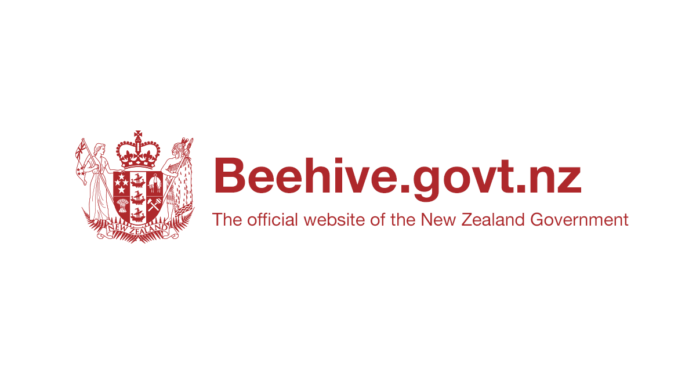Source: New Zealand Government
Two thirds of New Zealanders are now eligible for their booster, as new mask requirements come in to help keep people safe, COVID-19 Response Minister Chris Hipkins says.
“If you got your second vaccination at least three months ago, you can walk-in or book-in to get your booster from today,” Chris Hipkins said.
“There is plenty of capacity to get vaccinated this weekend and throughout February, wherever you are in the country.
“This is the best thing you can do to protect yourselves and your whānau as we prepare for Omicron. Get boosted, and wear a mask when you can’t distance from others. We will have a much better chance of facing the virus if we are well prepared.”
From 11:59pm last night (3 February) medical type masks became mandatory for those people who fall under a vaccine mandate and are in public-facing roles at work.
For everyone else, masks are still mandatory on flights, public transport, in taxis, retail, public facilities, and in education for Year 4 and up. They are also now mandatory in close proximity businesses, food and drink businesses, at public events and gatherings.
Masks can no longer be a t-shirt, bandana or scarf. It needs to cover your mouth and nose, and attach with ear or head loops.
“Ensuring you have the right mask, and that it is worn properly, will improve the overall effectiveness of wearing them and help reduce transmission of COVID-19, including Omicron,” Chris Hipkins said.
“We are now looking to the next stages of our response to COVID-19 and Reconnecting New Zealanders to the world. We are preparing for the virus in our communities by putting measures in place to tackle it head on.
“Our high vaccination rates and climbing booster rate is our best defence from getting very sick from the virus, while masks help us to reduce the likelihood of passing it on to others or picking it up.
“These measures and continued good hygiene practices, alongside our phased plan to take on Omicron, will help keep our supply chains operating, economy ticking, people in work and kids in school.”
How to get boosted:
- Everyone over 18 can check when they are due for a booster by visiting mycovidrecord.nz or if they have one, referring to their purple COVID-19 Vaccine appointment card or calling COVID Vaccination Healthline 0800 28 29 26 (8am – 8pm, 7 days a week).
- Book your booster or find a walk-in vaccination centre at bookmyvaccine.nz or call COVID Vaccination Healthline 0800 28 29 26 (8am – 8pm, 7 days a week). Whānau bookings (group bookings for more than one person) can be made by calling 0800 28 29 26.
- COVID-19 vaccines will continue to be available at mobile and pop-up vaccination clinics, particularly in rural Māori communities as well as marae vaccinations where a number of kaumatua received their initial doses.
- Interpretation services, and text, email and NZ Relay options for deaf and hearing impaired are available if you need them on 0800 28 29 26 (8am – 8pm, 7 days a week). There is also a specialist team for disabled people (option 2 on the 0800 number).
A reminder of the new mask rules:
- Workers who fall under a legal vaccine mandate and are in a public-facing role will be required to wear a medical-grade mask (Type IIR/Level 2 or above).
- Children in Year 4 and up will need to wear a mask on Ministry of Education funded school transport services and public transport, as well as in school. Teachers of students in years 4 to 13 are required to wear medical-grade masks, as above.
- Everyone else must wear masks in close-proximity businesses, food and drink businesses, at events and gatherings. You will still be able to remove your mask when eating and drinking.
- This must be an actual mask with ear or head loops that covers both the nose and mouth properly and fits against the face. That means no more scarves, bandanas, or t-shirts pulled up.
- Most gatherings where guests have exclusive use of a defined space won’t require guests to wear a mask, such as weddings. Workers (including volunteers) will continue to be required to wear a mask.
- People are not required to wear masks in non-public facing workplaces, but all employers should continue to think about mask use policies that protect their workforce.
- Masks are also not required when using gyms or swimming pools, however it is encouraged when moving around or in close proximity to others.



